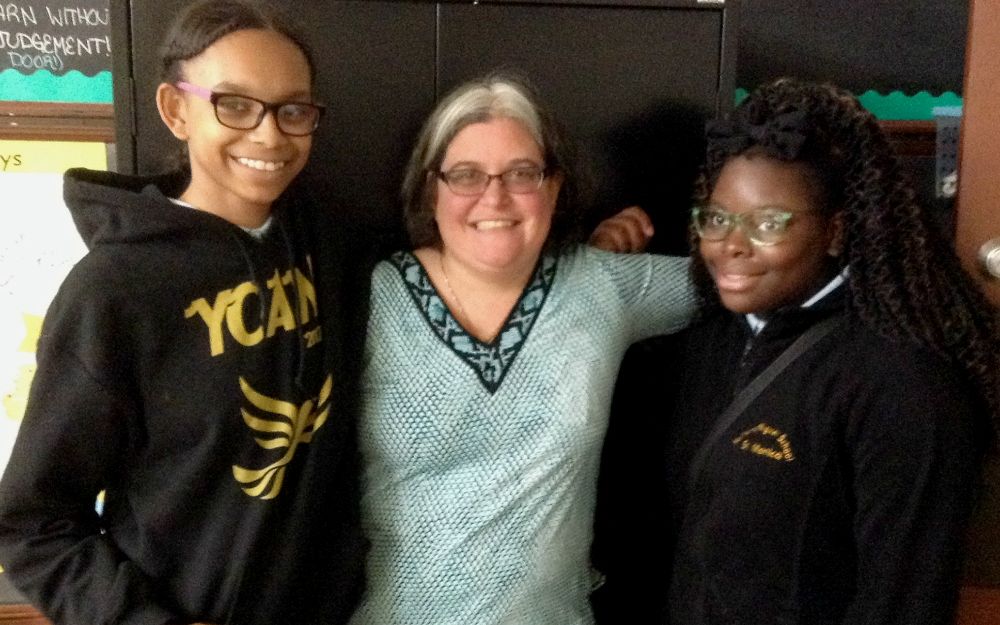It's never fun to be the odd person out. It can be awkward to be the only kid in a room full of older folks or the only person not laughing at an inside joke. Some circumstances can make things even more uncomfortable, such as when a person is the only person who doesn’t speak the same language as the rest of the group, or when a person is of a different color, culture or religion than the rest of the crowd.
Such situations call for gatekeepers and bridge-builders – people with the skills and willingness to bring the outsider in or to break down barriers through their patience, understanding and encouraging words.
Empathy is an essential gift to empowering outsiders and blending their strengths into the community. Catholic social teaching promotes solidarity with the marginalized and a preferential option for the poor and vulnerable. The sister in this story is reminded of the importance of listening to and connecting with those who feel they’re on the outside in order to build dignity and community.
Prepare small slips of paper with the names of barnyard animals with them. For example, if your class has a dozen students, prepare three slips that say "cow," three for goats, three horses, two pigs and one chicken. No matter what your number, prepare pairs or groups of every animal but the chicken – there will be only one chicken.
Hand folded slips to students and tell them not to peek. Hand the "chicken" slip to a more mature student with a good sense of humor. Then say:
"When I say 'go,' peek at your paper. Then begin making the sound that animal makes (you might need to demonstrate, which will add to the fun). Listen for other animals making the noise you're making. When you find one, join hands with them and keep making your noise until you’ve found all the animals of your species. Then stand still and be quiet until all the groups are formed. OK… 'Go!'"
Students will mill around making silly barnyard noises, then slowly go quiet, leaving the lone "chicken" to cluck-cluck-cluck alone. Allow a little laughter, then thank the chicken for being a good sport.
- Begin by asking the chicken how it felt to be clucking by themselves (Embarrassing? Lonely?).
- Ask other students how they felt about the chicken. Was the situation funny? Did they feel sorry for them?
- Ask, "Can you make the situation better by asking a chicken to become a pig or a cow?"
- Ask, "How can you make situations like this better for people who are outsiders? What gifts or skills can you use?"
Conclude by saying, "The sister in the story we’ll explore today stretched her students to try an opportunity that broke down barriers. Pay attention to her role and the gifts and skills she employs."
Lord, when were you a stranger?
When did we welcome you?
When have we been strangers?
How have you encouraged us?
Thank you, Lord, for opening our eyes, and for opening doors.
Thank you for welcoming us into your kingdom.
Thank you for calling us into the mission of welcoming others.
Grant us strength, Lord, that we might worthily follow this call.
Amen.
Please give us your feedback! Fill out a quick survey about this lesson and how we can serve you better. Remember that its title is "Students' questions help sister's growth"
Tell us what you think about this resource, or give us ideas for other resources you'd like to see, by contacting us at [email protected]
